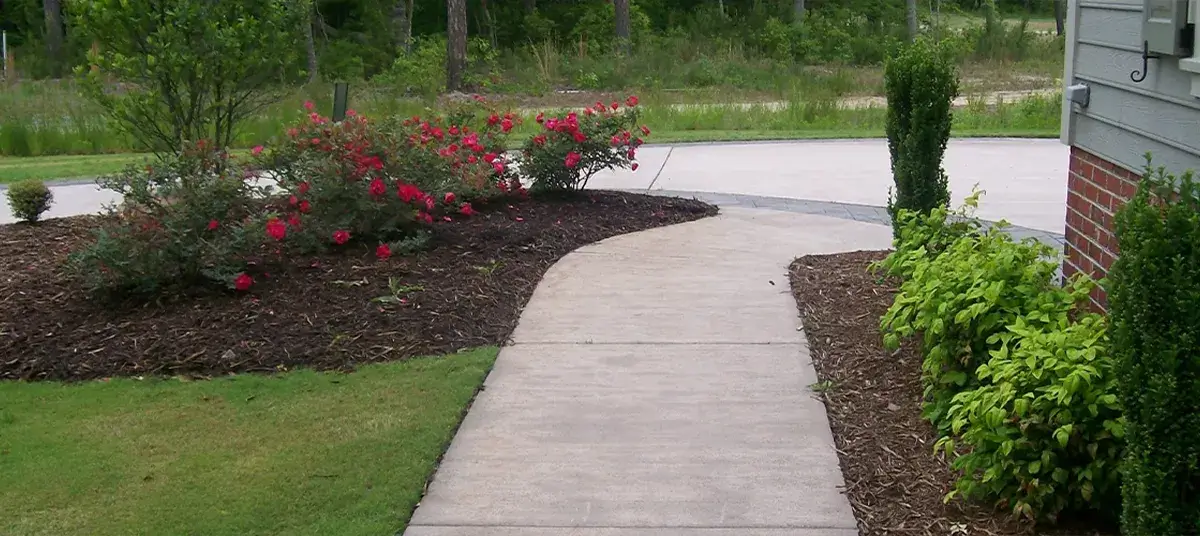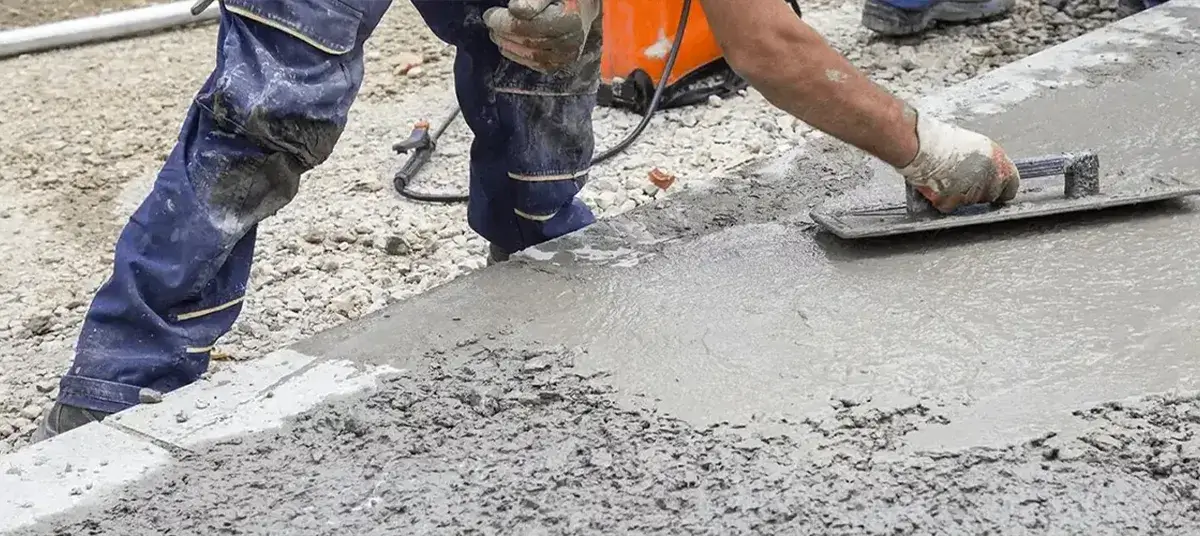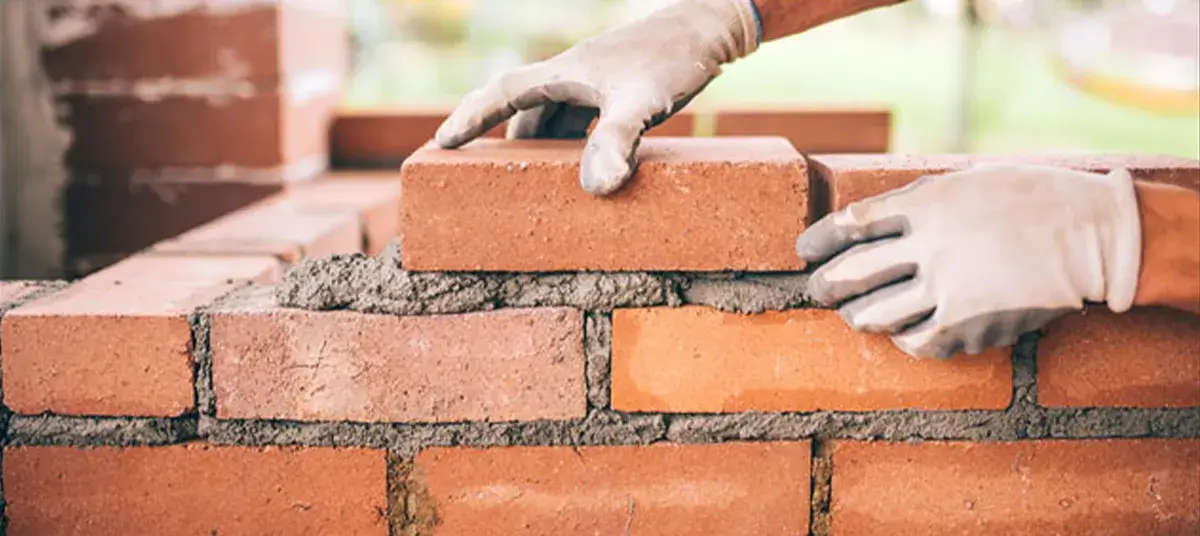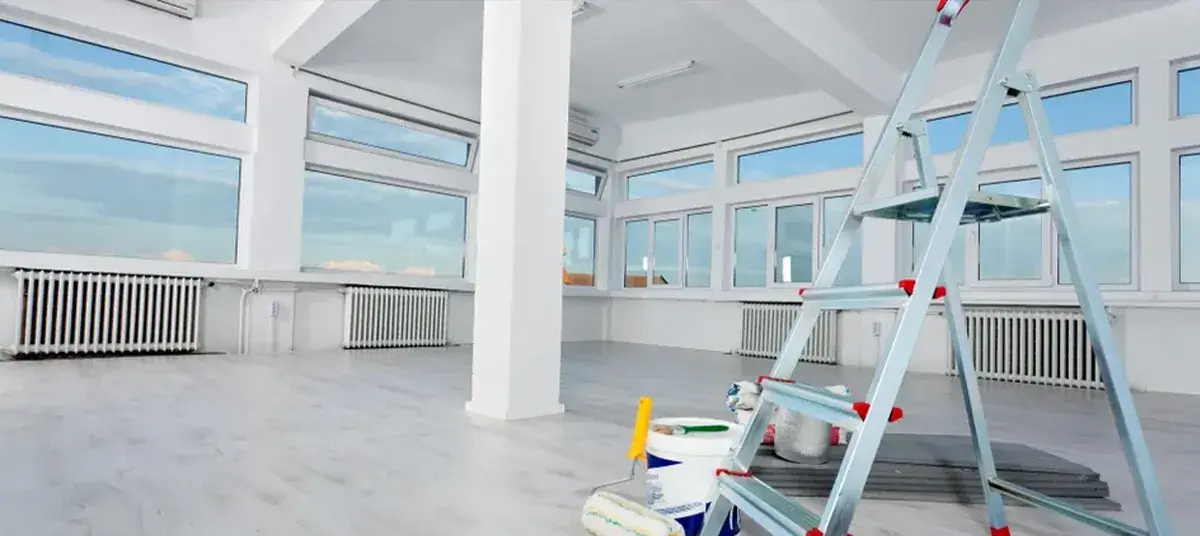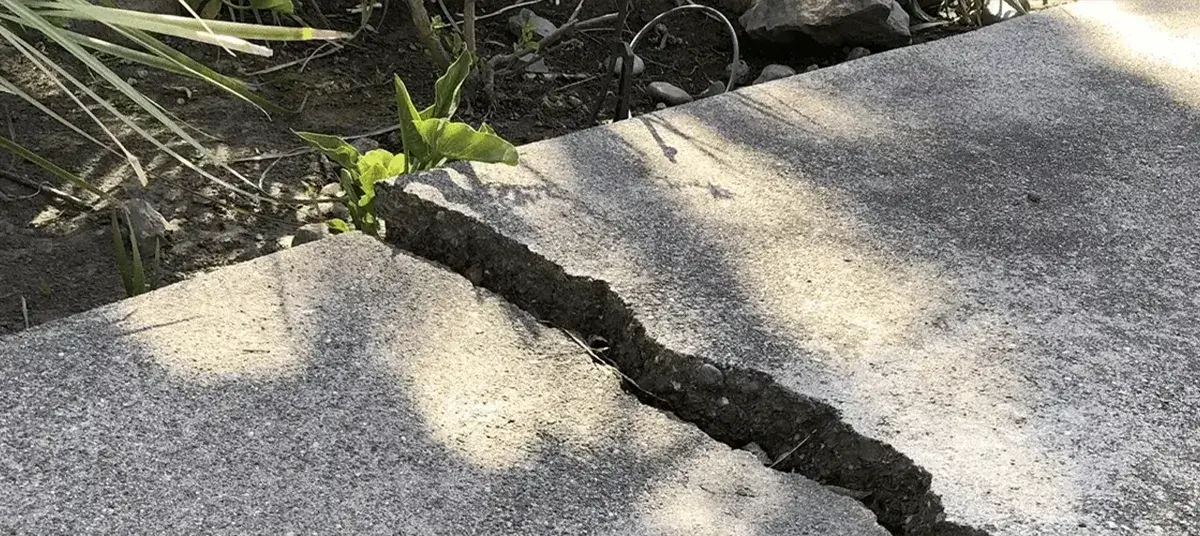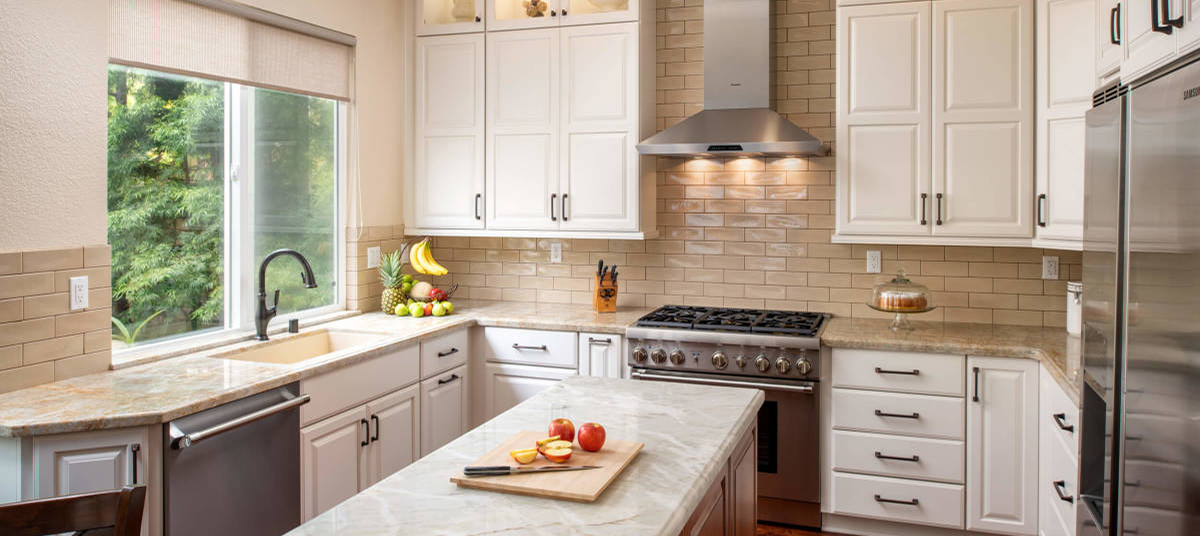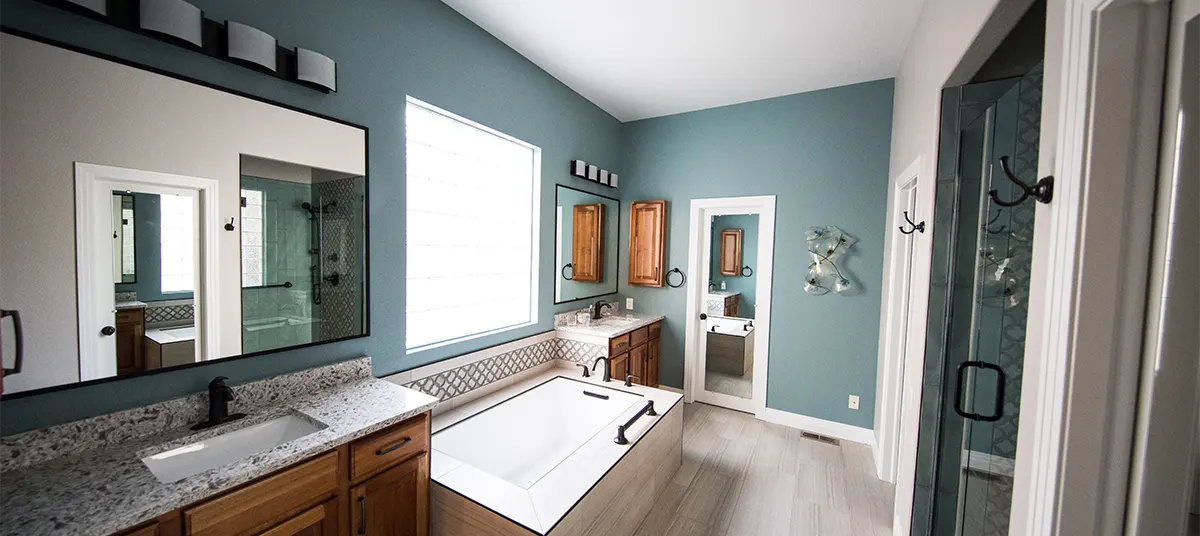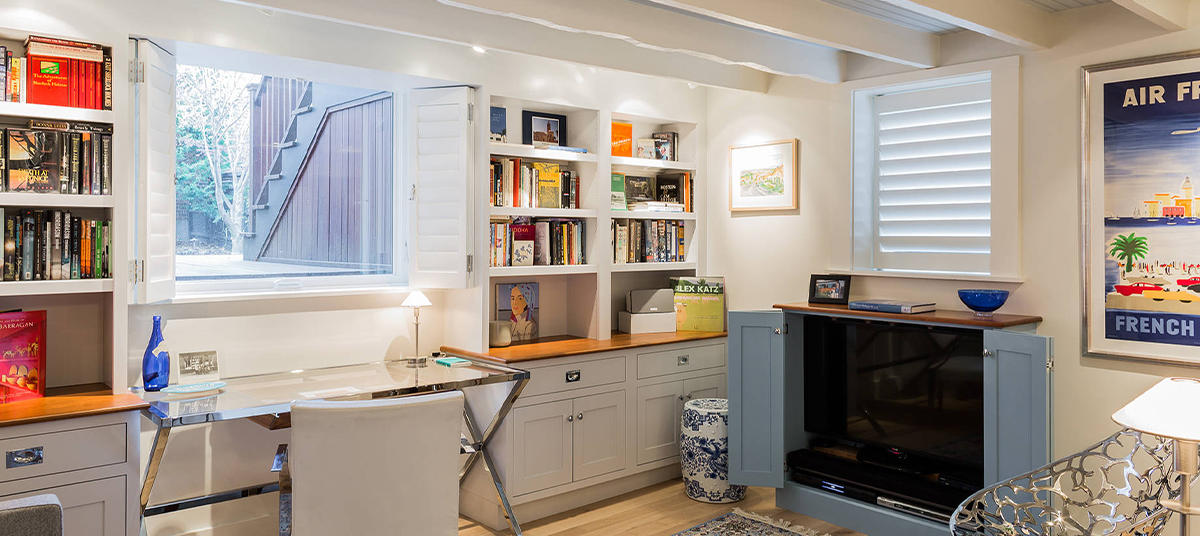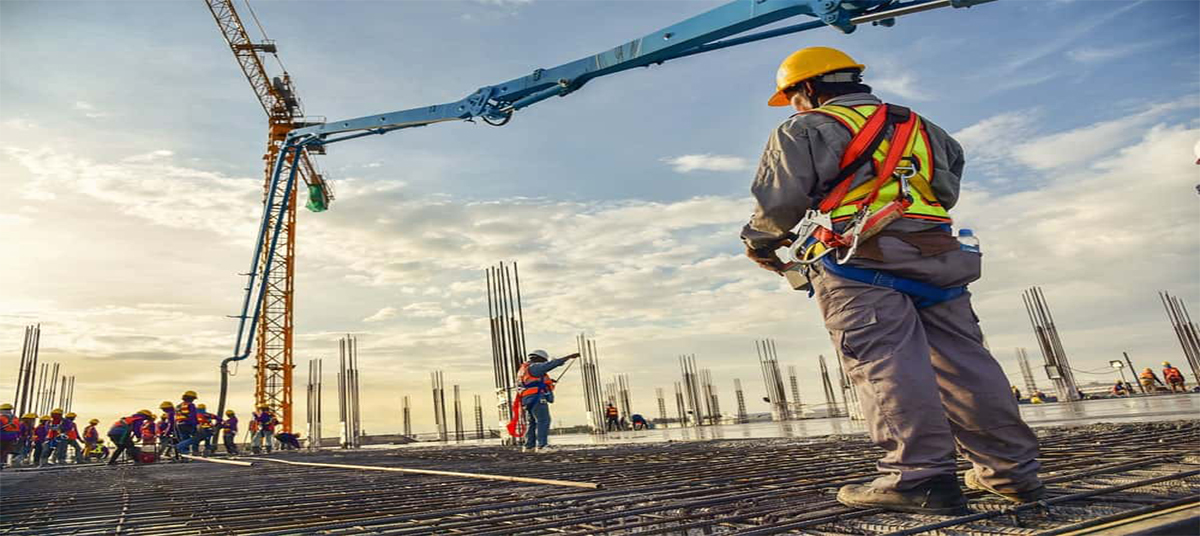5 Ways to Save Money in Commercial Construction
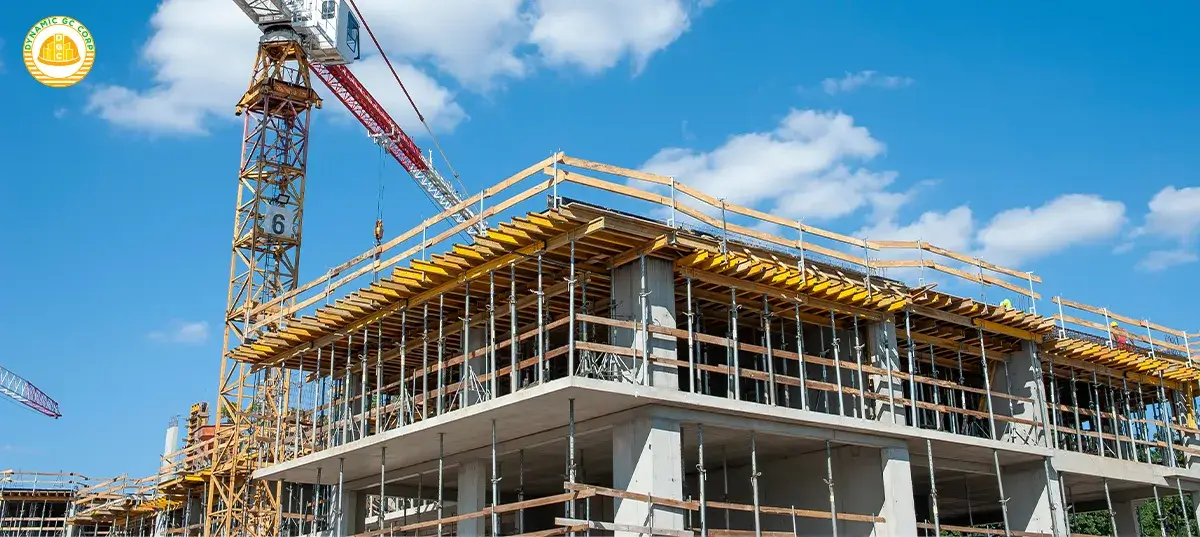
In commercial construction, saving money is always a top priority. The more money saved during a construction project, the better the return on investment for the business or organization that commissioned the project. There are many ways to save money in commercial construction, but this article will focus on key strategies. By implementing these strategies, businesses, and organizations can save money without sacrificing the quality or integrity of their construction projects.
Efficient Design
Efficient design is a critical strategy for saving money in commercial construction. Businesses and organizations can save money during and after construction by designing sustainable, optimized buildings with a reduced environmental footprint. To achieve an efficient design, several strategies can be employed.
One strategy is to use sustainable materials. Sustainable materials, such as recycled or reclaimed materials, have a lower environmental impact. Using sustainable materials not only reduces the environmental impact of the building, but it can also save money on materials costs.
Another strategy is to reduce wasted space. Designing buildings with an optimal layout and reducing the amount of wasted space can lead to significant savings in construction and operational costs.
Optimizing HVAC and lighting systems is another key strategy for efficient design. By selecting and installing energy-efficient HVAC and lighting systems, businesses and organizations can reduce their energy costs and save money over the lifetime of the building.
Proper Planning
Proper planning is another crucial strategy for saving money in commercial construction. Effective planning can help to ensure that projects are completed on time, within budget, and to the required standards.
One strategy is to budget the project carefully. By creating a detailed budget that considers all costs associated with the project, including labor, materials, and equipment, businesses and organizations can avoid unexpected expenses that can quickly add up.
Another key strategy is to create accurate cost estimates. Cost estimates should be based on a detailed project requirements analysis and consider all potential costs, including permits, labor, materials, and equipment. By creating accurate cost estimates, businesses and organizations can ensure their budgets are realistic and achievable.
Early identification and resolution of potential issues are also important for proper planning. This can help avoid delays and additional costs arising from unexpected issues during construction. By identifying potential issues early on, businesses and organizations can develop plans to address them before they become bigger problems.
Effective Communication
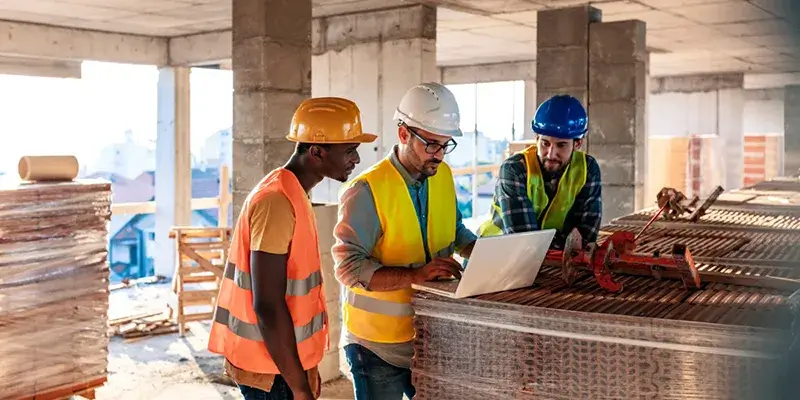
Effective communication is a critical strategy for saving money in commercial construction. By ensuring that all stakeholders are on the same page, businesses and organizations can avoid misunderstandings and costly mistakes arising from poor communication.
To achieve effective communication, there are several key strategies that businesses and organizations can employ. One strategy is to create clear and concise documentation. This includes detailed plans, specifications, and contracts that outline project requirements and expectations. By doing this, businesses and organizations can avoid misunderstandings and ensure all stakeholders understand their roles and responsibilities.
Regular meetings and progress reports are also important for effective communication. By holding regular meetings, businesses and organizations can inform all stakeholders of project progress and potential changes or issues. Regular progress reports can also help ensure the project is on track and within budget.
The use of technology can also facilitate effective communication. Tools such as project management software and collaboration platforms can help to streamline communication and keep all stakeholders connected and informed.
Material Selection
Strategic material selection is another important factor for saving money in commercial construction. By selecting the right materials for the job, businesses and organizations can save money on materials costs and ensure that their buildings are durable and efficient.
One strategy is to consider the durability of the materials. Investing in high-quality, durable materials may require a higher upfront cost but can save money in the long run by reducing maintenance and repair costs.
Another strategy is to consider the energy efficiency of the materials. Selecting energy-efficient materials, such as insulation, windows, and doors, can help reduce heating and cooling costs and save money on energy bills.
Using recycled or reclaimed materials is also a strategy for strategic material selection. These materials may be less expensive than new materials, and their use can help reduce waste and the project's environmental impact.
Considering the availability of materials is also important for strategic material selection. Selecting readily available materials locally can help reduce transportation costs and lead times.
Project Management
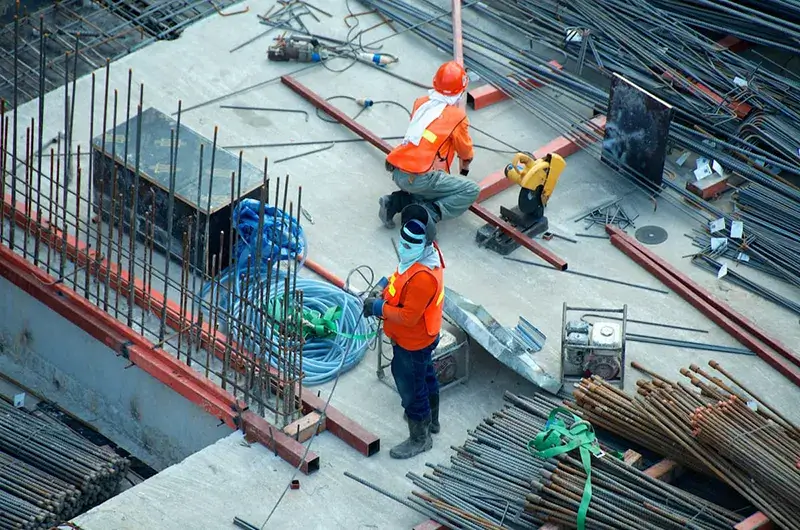
Project management is a critical strategy for saving money in commercial construction. By managing projects effectively, businesses and organizations can ensure that projects are completed on time, within budget, and to the required standards.
The first strategy is to establish clear project goals and objectives. This includes defining the project scope, timeline, and budget. By establishing clear project goals and objectives, businesses and organizations can ensure that all stakeholders are on the same page and working towards a common goal.
Another strategy is to use project management software. Project management software can help to streamline communication, track progress, and identify potential issues early on. This can help avoid delays and additional costs arising from unexpected issues during the construction process.
Effective team management is also important for efficient project management. This includes building a strong team with the necessary skills and experience, delegating tasks effectively, and providing clear direction and support.
Regular monitoring and reporting is important for efficient project management. Regular monitoring can help to identify potential issues early on, and regular reporting can help to keep all stakeholders informed of project progress and any changes or issues that may arise.
Conclusion
Several key strategies for saving money in commercial construction exist. By employing these strategies, businesses can save money on commercial construction projects while ensuring that their buildings are of high quality and meet the needs of their intended purpose. These strategies can help to reduce costs, minimize waste, and improve efficiency, resulting in a more sustainable and successful construction project.
If you are looking for professional commercial construction contractors, consider Dynamic GC Corp. Our team is committed to deliver high-quality, cost-effective solutions for your construction needs. Contact us today to learn more about how we can help you save money and achieve your commercial construction goals.




